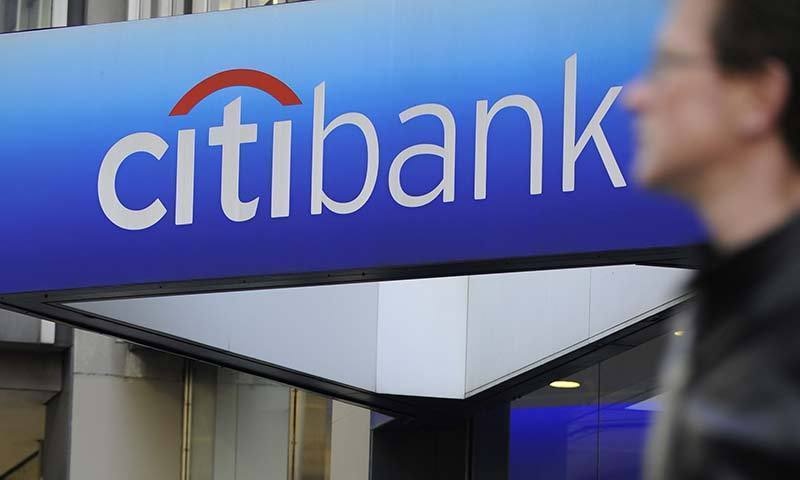KARACHI: In an all-encompassing conversation at a media round-table on Monday, the senior management at Citibank Pakistan gave a ringing endorsement to the government’s economic policies.
“We are seeing a paradigm shift in economic management with efforts being made towards addressing the low tax-to-GDP ratio and the move from managed to market-based exchange rate are helping restore investor confidence,” Managing Director Nadeem Lodhi said while commenting on the economic stabilisation measures taken by the government.
Lodhi was flanked by his senior team at the headquarters of Citibank Pakistan in Karachi, and spoke with business reporters in a frank, fast-moving exchange that was announced at the outset to be entirely on the record. The whole team was unanimous in saying that the government has set the right direction with its economic policies and if it perseveres without wavering, “the dividends will be huge.”
Says high interest rates, tax base broadening and exchange rate flexibility are all necessary
They also acknowledged that there are disruptive impacts from the course that has been chosen, citing the noise being generated by the effort to broaden the tax base as an example, but underscored that the will must remain to stay the course.
He said interest rates must remain high considering inflation, that the tax base must be broadened and the exchange rate must continue to be market determined. “We are playing an extremely tight game with interest rates,” he said, pointing out that the gap between inflation and the discount rate was getting narrower.
Lodhi has good reason to argue for high interest rates. His bank has more than Rs75 billion invested in government securities compared to Rs54bn given out as advances in the nine month period ending September. In the same period last year, these figures were Rs18.67bn as investments versus Rs36.5bn advances, meaning the bank has moved heavily into government papers as the discount rate soared from 7.5 per cent in September, 2018 to 13.25pc by September this year.
“If the political regime continues as is, things are likely to improve,” Lodhi said while emphasising that “we are not out of the woods yet but we are seeing confidence returning to the market.”
When asked how Pakistan’s grey listing by the Financial Action Task Force (FATF) had impacted their work, Lodhi as well as Moiz Hussain Ali, the country treasurer of the bank, were both emphatic in saying they see the FATF as a “non-material risk”, citing progress made by the government over the last twelve months in meeting the global watchdog’s long laundry list of compliance actions.
“The threat level from the FATF is not that high,” said Moiz while adding that he expects the country to remain on the grey list all through next year as well, adding that full blacklisting of the country was “a black swan” type of risk, meaning something that was unlikely to happen and would mostly be driven by variables that would be impossible to predict or forecast empirically.
“We operate at the same alert level, our business is not impacted, our clients are not impacted” by the FATF grey listing, he emphasised. Further, he added that the foreign investment in government papers especially short-term Treasury bills is proof that the investors are unfazed by the upcoming FATF review.
Hussain also shrugged off all talk of risk posed by foreign investment in short-term government debt, the so-called “hot money” coming into T-bills. “Foreign investment in government papers can serve as a catalyst to revive economic activity [and] investors are testing the waters, once they have some experience in local debt markets, they will start to go long as well.”
He claimed some foreign investors among his own client base were already showing interest in going into longer tenors, saying he had already placed one client in 12-month paper. He was confident that others will follow once they develop a sense of comfort with the Pakistani debt market.
Almost all of the investments have been concentrated in the short-term T-bills with major inflows coming in from UK- and US-based investors accounting for $612.683 million and $476.05m respectively.
Published in Dawn, December 10th, 2019















































